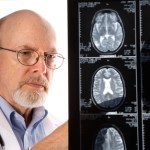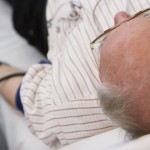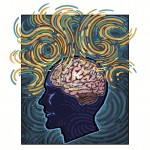
Roughly 33% of stroke sufferers also develop depression at some point. This may be an under-estimate of the problem, as depression is difficult to detect in people with poor physical health. If missed, depression can led to reduced quality of life, increased disability and a worsening of physical symptoms. There are a whole host of [read the full story…]





